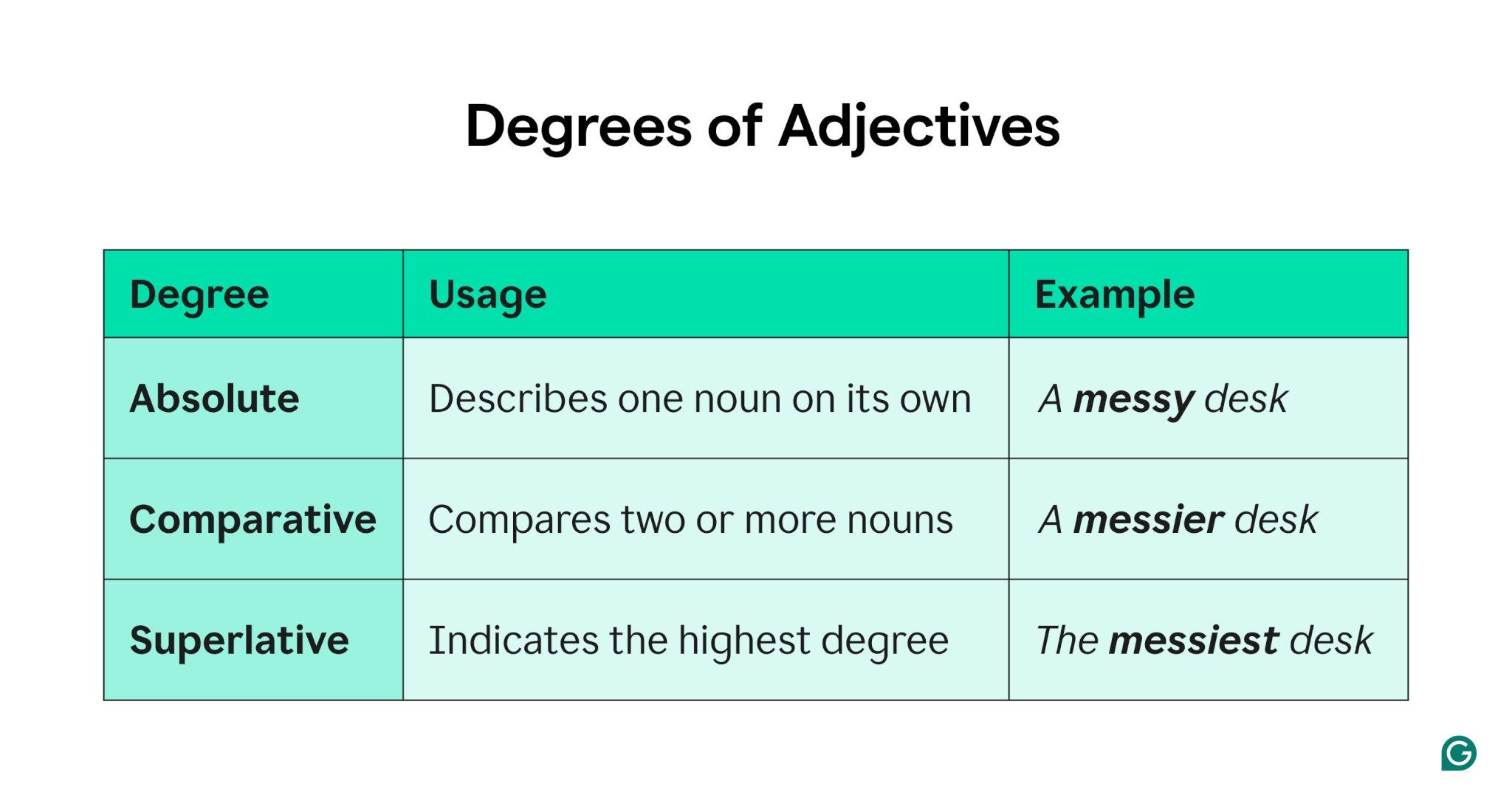When it comes to understanding the English language, one of the key concepts to grasp is the difference between nouns and adjectives. Nouns and adjectives play essential roles in constructing sentences and conveying meaning. While both are important parts of speech, they serve different functions and have distinct characteristics.
Understanding the distinction between nouns and adjectives can help improve your writing and communication skills. By knowing how to use nouns and adjectives correctly, you can enhance the clarity and effectiveness of your writing.
Noun vs Adjective
Nouns are words that are used to identify people, places, things, or ideas. They serve as the subject or object of a sentence and can be singular or plural. Examples of nouns include “dog,” “house,” “friend,” and “love.” Nouns can also be proper nouns, which are specific names of people, places, or things, such as “Mary,” “Paris,” or “Mount Everest.”
On the other hand, adjectives are words that describe or modify nouns. They provide more information about the noun by answering questions such as “What kind?” “How many?” or “Which one?” Adjectives can be used to indicate size, color, shape, age, or other qualities of the noun. Examples of adjectives include “beautiful,” “green,” “round,” “old,” and “five.”
It is essential to use nouns and adjectives correctly in sentences to convey precise meaning. While nouns identify the subject or object of a sentence, adjectives provide additional information to describe the noun further. By using a combination of nouns and adjectives, you can create vivid and detailed descriptions that paint a clear picture for the reader.
When writing, pay attention to the placement of nouns and adjectives in sentences to ensure clarity and coherence. Make sure that adjectives are placed directly before the noun they are describing to avoid confusion. Additionally, vary your use of adjectives to keep your writing engaging and descriptive.
In conclusion, understanding the difference between nouns and adjectives is crucial for effective communication. Nouns identify people, places, things, or ideas, while adjectives describe or modify nouns to provide more information. By mastering the use of nouns and adjectives, you can enhance your writing skills and convey your ideas with precision and clarity.
